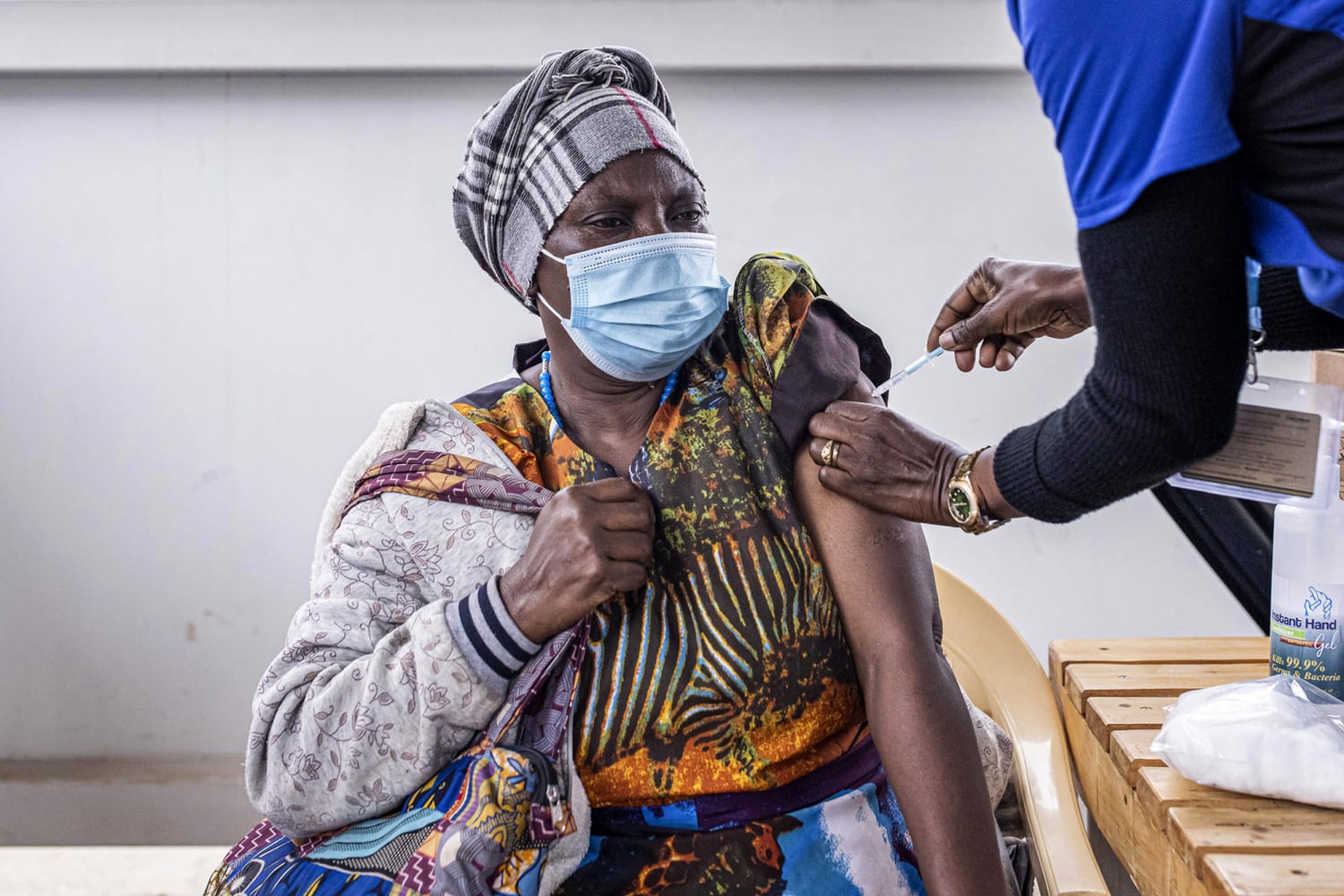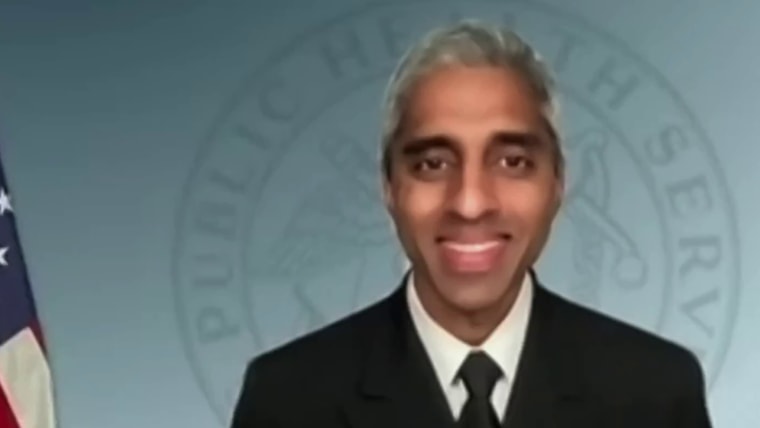The federal government’s call Wednesday for Americans vaccinated with Pfizer or Moderna to get third Covid-19 shots has triggered a global backlash, as developing countries are rightly concerned that it will aggravate vaccine shortages. The World Health Organization equated the booster shots with handing out extra life jackets to those who already have them while leaving people without them to drown.
Funding is almost always devoted to cures for diseases facing rich countries and populations and then distributed in ways that make those cures accessible only to relatively wealthy recipients.
President Joe Biden tried to tamp down the outrage by insisting that “we can take care of America and help the world at the same time.” But Biden’s words are betrayed by the fact that the U.S. and other wealthier nations have failed developing countries throughout the pandemic. There’s no reason to believe this record will improve any time soon — in fact, the weight of history suggests otherwise.
Giving booster shots to Americans once again puts the health of richer countries ahead of poorer ones. With the high cost of the Covid vaccination program, developing countries find themselves unable to compete with the spending power ofwealthier nations. This has contributed to only 1 percent of those in low-income countries’ having received a single shot compared to 50 percent of the U.S. population’s being fully vaccinated.
The vaccines are a testament to the scientific possibilities when research is effectively funded: Once billions of dollars’ worth of public investment poured in, it took only months to develop a highly effective inoculation. But that funding is almost always devoted to cures for diseases facing rich countries and populations and then distributed in ways that make those cures accessible only to relatively wealthy recipients.
I remember my infectious diseases professor standing in front of our class of 300-odd eager students when I was attending medical school in London years ago and sadly explaining that the reason a cure for malaria hadn’t yet been found was that it didn’t affect the developed world. He noted that a disease like smallpox, which did cross into the developed world, had been eradicated (through a vaccination program, mind you).
The coronavirus similarly got attention once it crossed international borders. Former President Donald Trump announced a plan to tackle the coronavirus after Covid-19 began affecting Americans, not when it was declared a global emergency by the WHO a month prior. Similarly, funding for HIV research increased in the 1980s once the U.S. was engulfed in an AIDS epidemic, not when the first cases were being noted in Africa in the 1950s.
My professor’s comment still resonates with me, and I was reminded of it when BioNTech — the research laboratory behind the breakthrough Pfizer-BioNTech mRNA Covid vaccine — last month declared plans to develop a malaria vaccine using the same technology. I couldn’t help but wonder: Had the same level of research been conducted on older diseases like malaria, how many millions of lives could have been saved?
Death tolls between malaria and Covid are similar, with malaria having caused up to 3 million deaths per year for decades now, whereas the coronavirus resulted in 2 million deaths in 2020. Other life-threatening diseases affecting poorer countries, such as Chagas disease, leishmaniasis and kala-azar, have barely been heard of in the developed world, let alone provided adequate research funding.
Meanwhile curable diseases, like the cholera ravaging Yemen, still devastate lives in part because treatments are too expensive. Now, with Covid, both Pfizer and Moderna confirmed price hikes for their vaccines this month, despite forecasting over $26 billion and $18 billion in sales revenue, respectively, from them.
The trend of hiking prices for lifesaving medication is nothing new. Just last week, a U.K. regulator accused Pfizer of illegally having raised the price of an epilepsy drug by 2,600 percent “overnight.” (Pfizer responded by telling the media it was cooperating fully with the investigation.) And former pharmaceutical company CEO Martin Shkreli, when questioned about his decision to increase the price of a lifesaving treatment by 5,000 percent, answered, “This is a capitalist society, a capitalist system and capitalist rules.”
The cruelty of commodifying human life is nothing short of injustice. But Shkreli’s rationalization, that the drug companies are simply responding to market forces, is also false: The pharmaceutical industry is reliant on public grants,receiving most of its research and development funds for the early stages of drug development from governments and philanthropies. The U.S. government, for instance, directly invests in research grants, publicly run scientific agencies and universities to develop treatments.
While pharmaceutical companies develop some of their own drugs, they also purchase many of these publicly funded discoveries and distribute them for profit while enjoying significant tax breaks. Being so dependent on public funds — pharmaceutical companies sit on a foundation of $33 billion annually in U.S. taxpayer-funded research — means these companies shouldn’t be allowed to dictate their own prices at the whim of self-indulged boards of directors.
Instead, governments should use their leverage to promote equal access to treatment, regulating prices and tying profit margins to companies’ willingness to develop medications that treat Third World illnesses as well as Western diseases. The government should also condition grants on companies’ reinvesting a percentage of their profits to research less economically rewarding diseases.
Right now, pharmaceutical companies have higher profit margins than almost any other industry, and they are enjoying soaring figures. The Covid vaccines alone have created nine billionaires, while the scientists behind the research often work for much more modest salaries.
Yet successive U.S. presidents have signed Big Pharma-friendly bills, such as Ronald Reagan approving the Federal Technology Transfer Act, allowing pharmaceutical companies access to government research facilities, and the Food and Drug Administration opening the floodgate for the industry to engage in direct-to-consumer marketing during the Clinton administration.
It’s not that we shouldn’t fund a cure for the coronavirus but that we should also take heed of the millions dying of other infectious diseases around the globe and support programs to prevent them. Health care shouldn’t be based on a geographical lottery or income standards, and pharmaceutical companies should be rewarded solely on the basis of how many people they heal. Imagine how many would be alive if saving them was our priority.
Source: | This article originally belongs to Nbcnews.com











